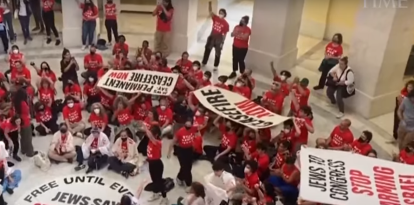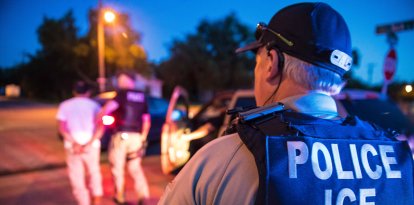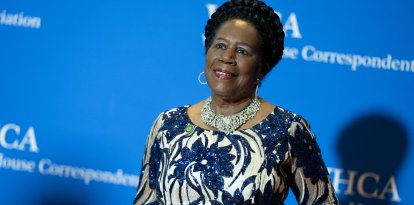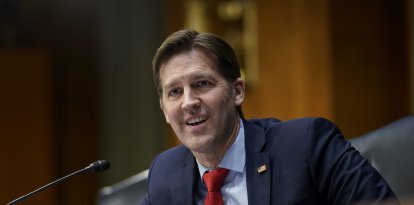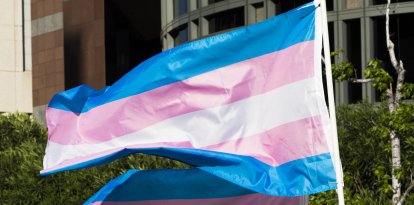Vermont to stop discriminating against families who choose religious schools
The Secretary of Education acknowledges that his program was "unconstitutional" and will reimburse tuition to affected parents.

Pixabay.
Vermont will stop penalizing families who choose to send their children to a religious school. A Supreme Court ruling that condemned Maine for a similar program has led representatives to change their policy regarding the state's tuition benefit program.
"For more than two decades, Vermont illegally excluded religious schools and their students from public benefits, essentially eliminating school choice for many parents in the state," Alliance Defending Freedom legal counsel Paul Schmitt said while announcing the agreements. The group represented several families and the Roman Catholic Diocese of Burlington. Now, thanks to the agreement reached with the Secretary of Education, families who enrolled their children in religious schools, and who were denied the return of the money invested, will receive a refund. Vermont will also bear the costs of the legal proceedings.
"Adequate safeguards"
Speaking to Just the News ADF spokeswoman Jacqueline Ribeiro announced that some families may receive reimbursement for several years of tuition. The agreement also opens the door for other families to claim these expenses.
Relying on a 1996 state Supreme Court decision, Vermont school districts could block tuition reimbursements to religious schools without "adequate safeguards" to ensure that the money would not go to "religious education." However, the lack of development on this point led many districts to impose a "blanket ban," according to the order of the U.S. Court of Appeals for the Second Circuit.
"First Amendment violation"
In June, the Supreme Court declared, before Carson v. Maine, that Maine's policy of "refusing tuition assistance to students attending religious schools when it is offered to secular private schools is unconstitutional." In this state, tuition was paid for students attending private schools if their district did not offer a public school. However, one of the requirements was that the school had to be "nonsectarian in accordance with the First Amendment." However, the court found that the requirement, in fact,"violates the Free Exercise Clause of the First Amendment" because, it “operates to identify and exclude schools that would otherwise be eligible on the basis of their religious exercise."
Given the similarity of the two cases, Vermont's Secretary of Education, Daniel French, signed an agreement stating that his department, school officials, families and the diocese "agree that the U.S. Supreme Court's decision in the Carson case renders Vermont's adequate safeguards requirement unconstitutional," and recognizes that it is unlawful to deny reimbursement based on "religious status, affiliation, beliefs, practice or activities of a school," according to the document. In addition, school officials will notify "resident families entitled to tuition" of Carson's decision and reimburse families and schools for "outstanding tuition balances."













